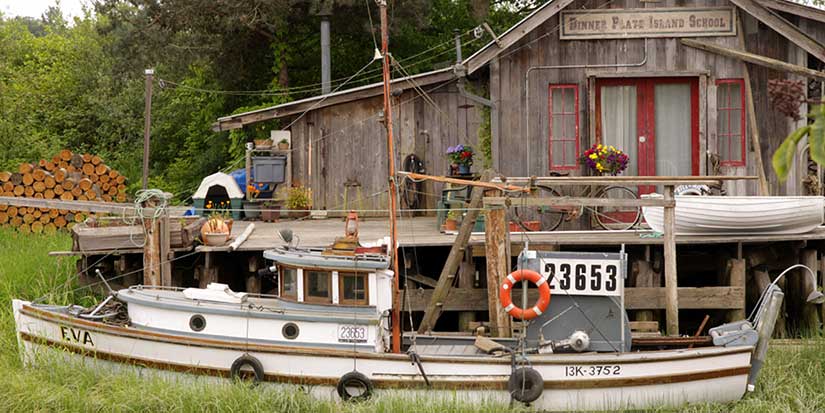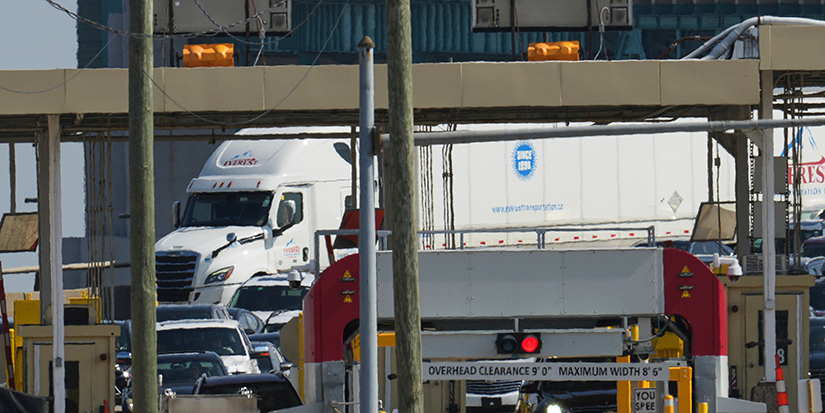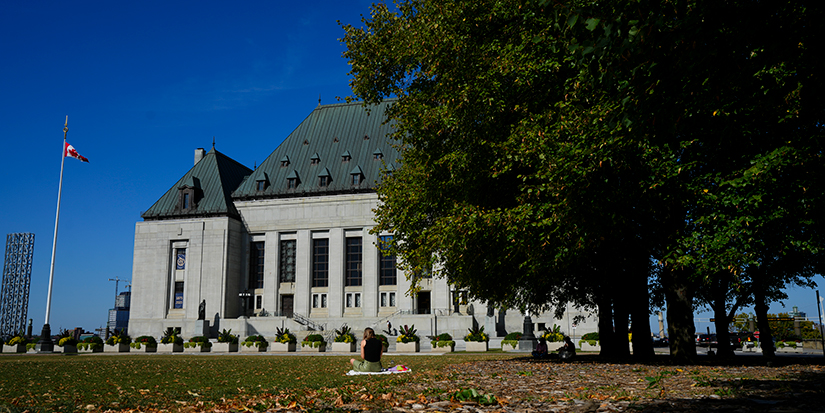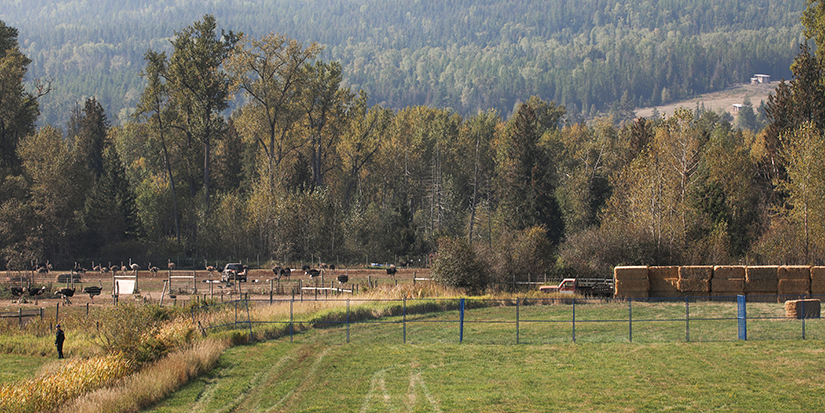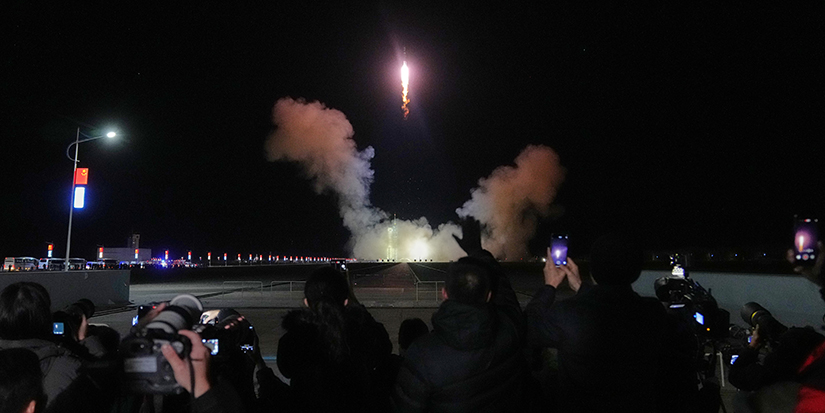Latest News
Richmond street names: Finn Road

By Issac Zhao
Published 11:41 PDT, Fri August 5, 2022
—
Japanese immigrants weren’t the only ones who took advantage of the boom in the Richmond fishing industry.
In 1892 and 1893, a group of Finnish immigrants arrived in south Richmond. They had saved up money working as coal miners and loggers to buy land at the junction of No. 4 and Finn roads. Finn Road was named after these settlers.
Woodwards Slough, the land that they purchased, had access to the Fraser River. The Finns, who were planning to become fishers, could freely sail up the river and settle on their property.
The area was densely covered in forest, so it was cleared out before any fishing could begin. Then they built houses and fishing boats, as well as planting crops. With the fishing boats, the Finnish fishermen would take a piece of what the Fraser River had to offer: an abundance of salmon.
One of the unique things that the Finns built on their settlement was a sauna. Saunas are a very important part of Finnish culture. After an exhausting day of work, people can relax in a hot sauna and come out feeling revived.
High tides from the Fraser River would often flood local farmers’ crops, so dams were built. This resulted in the Finns having to relocate their harbour to Tiffin Slough (now Finn Slough). The area had a substantial amount of space to grow a prosperous community of fishers.
The news got around about the work opportunity, and soon people’s cousins, uncles, and grandfathers made the trip from Finland to work in Canada. This was largely due to the need to escape the poverty and repression of the Russian Empire.
All the fishing was done by manual labour. People would row their boats, set nets, and pull the nets back by hand.
With the world evolving into the motorized age, so did the fishing industry. Soon fishing boats would be driven by gas motors, and fishing equipment would be able to harvest salmon more efficiently, revolutionizing the industry. The dozens of canneries in Steveston weren’t able to keep up with the abundance of salmon that fishermen were bringing in.
By the 1930s, Finn Slough was packed with a fleet of fishing boats. Sometimes over 40 boats were moored in the area. The tiny fishing village was home to many people who weren’t Finnish, but who worked alongside the Finns.
The abundance of salmon sadly ended, as the rapid industrialization failed to coexist with the ecosystem without destroying it. Salmon stocks declined, and so did the fishing industry, leaving the memory of Finn Slough’s important role in the history of fishing in Richmond.
